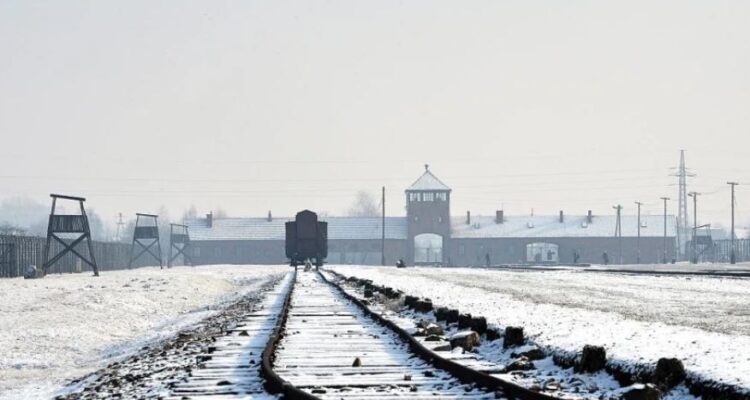Millennials and Generation Z pride themselves on being ‘anti-racist’. We might, then, expect that remembering the Holocaust properly would be important to them – it was the largest act of racial hatred in modern history. The truth is very different and more troubling.
New research commissioned by the Claims Conference finds Dutch millennials and Gen Z are more likely than the rest of the public to be ignorant of the Holocaust, deny the facts, oppose acknowledging the Netherlands’s role, and be sympathetic to contemporary Nazism. While 12 per cent of Dutch adults believe ‘the Holocaust is a myth’ or ‘the number of Jews who died has been greatly exaggerated’, that jumps to 23 per cent among those aged 18 to 39.
Twenty-nine per cent of Dutch people believe two million or fewer Jews were murdered, a figure that rises to 37 per cent among millennials and Gen Z. It was six million. One quarter of Dutch respondents know people who deny the Holocaust, but that rises to one third for the young. Under-40s are less likely to support Holocaust education by a margin of 15 percentage points than the public overall.
These are disturbing attitudes, but they are not limited to the Netherlands. A 2018 study by polling firm ComRes investigated views on the Holocaust, Jews and anti-Semitism in Britain, France, Germany, Poland, Hungary, Sweden and Austria. It found one in ten young adults in Austria, the birthplace of Adolf Hitler, had never heard of the Holocaust. Neither had one in five French millennials. Three in ten young Europeans agreed that ‘commemorating the Holocaust distracts from other atrocities and injustices today’ and that ‘Jewish people use the Holocaust to advance their position or to achieve certain goals’.
Read the article by Stephen Daisley in The Spectator.

